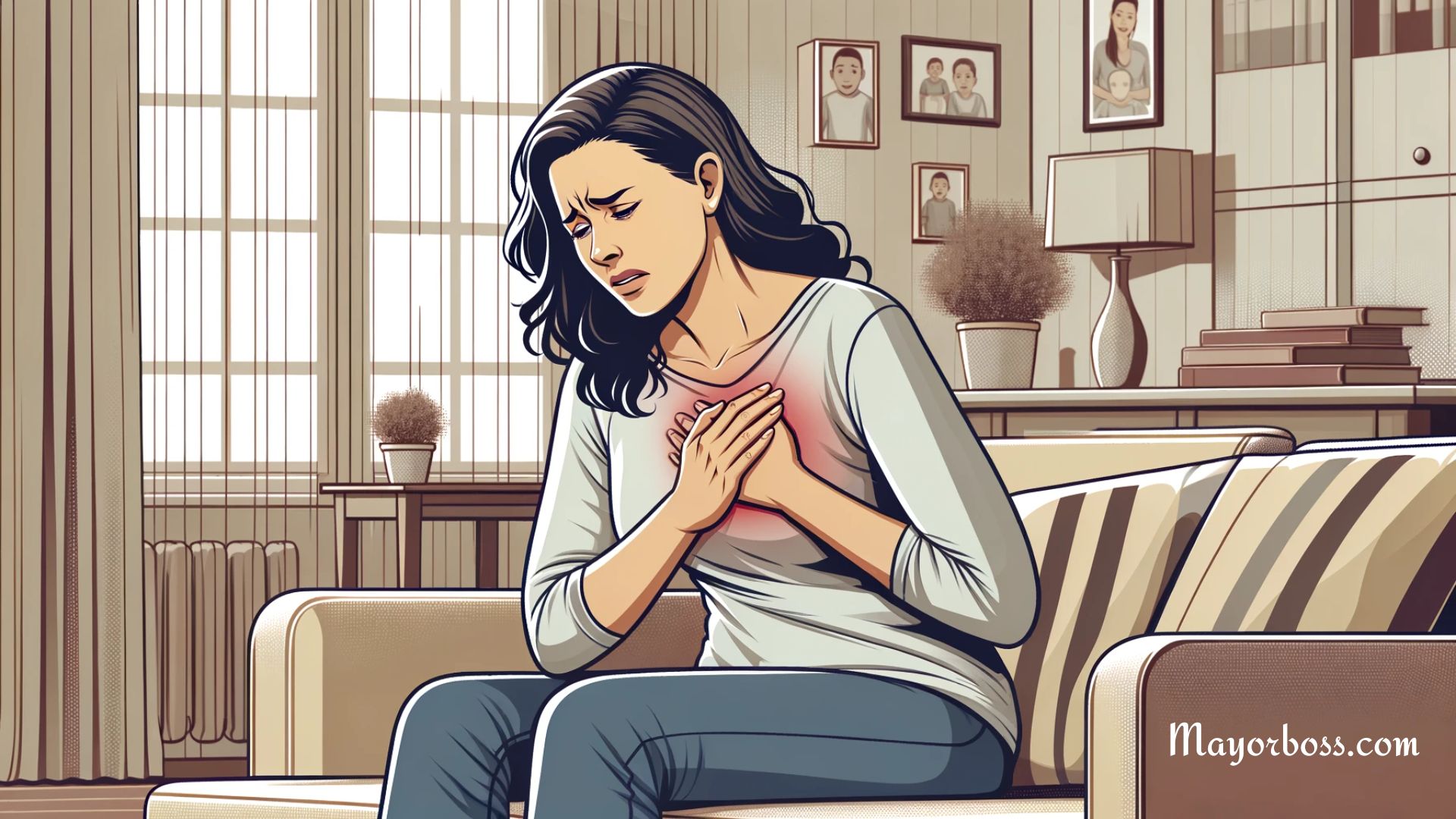What Are the Symptoms of Lead Poisoning?
Lead poisoning is a serious and potentially dangerous condition. It occurs when lead builds up in your body over a period of time. Even small amounts of lead can cause serious health problems, especially in young children.

What is Lead Poisoning?
Lead poisoning happens when lead, a toxic metal, gets into your body. This can happen through various sources like old paint, contaminated dust, or even certain toys and jewelry. Your body can’t process lead, so it builds up, leading to poisoning.
How Does Lead Affect Your Body?
Once in your body, lead is distributed to your organs, bones, and tissues. It interferes with the functioning of your nervous system, which is particularly harmful to young children whose bodies are still developing. Additionally, it can affect your kidneys, immune system, and reproductive system.
Common Symptoms in Children and Adults
In Children
Children are more likely to suffer from lead poisoning because their bodies absorb lead more easily. Symptoms in children include:
- Developmental Delays: Slowed growth and development, learning difficulties, and lower IQ scores.
- Behavioral Issues: Irritability, hyperactivity, and attention problems.
- Physical Symptoms: Weight loss, fatigue, abdominal pain, vomiting, and constipation.
- Hearing Problems: Difficulties in hearing.
- Speech problems
- Neurological Effects: Seizures, clumsiness, and muscle weakness.
In Adults
Adults can also be affected, although their symptoms might be different. They include:
- Mood Disorders: Depression and irritability.
- Physical Symptoms: High blood pressure, joint and muscle pain, and difficulties with memory or concentration.
- Reproductive Issues: For men, it can cause a reduction in sperm count and abnormal sperm. For women, it may lead to miscarriage or premature birth.
- Neurological Effects: Headaches, muscle weakness, and numbness or tingling in the extremities.
- Encephalopathy: A severe brain disorder that can manifest as confusion or coma and can be life-threatening.
- Kidney Dysfunction: Problems with kidney function, which can be indicated by changes in urination or kidney pain.
- Anemia: A decrease in red blood cells, leading to fatigue and weakness.
How Do You Know If You’ve Been Exposed?
Knowing if you’ve been exposed to lead can be tricky because often, people with lead poisoning do not show any symptoms at all. This is why it’s vital for children living in older homes or environments where lead exposure is possible to get regular blood tests for lead levels.
When to Seek Medical Help
If you suspect that you or your child has been exposed to lead or if you observe any of the symptoms mentioned, it’s crucial to seek medical attention. Your doctor can perform a blood test to determine the level of lead in the blood.
Early detection and treatment of lead poisoning can prevent the progression of symptoms and reduce the risk of serious health complications. So, always stay vigilant, especially if you live in an area or a home where lead exposure is a possibility.
